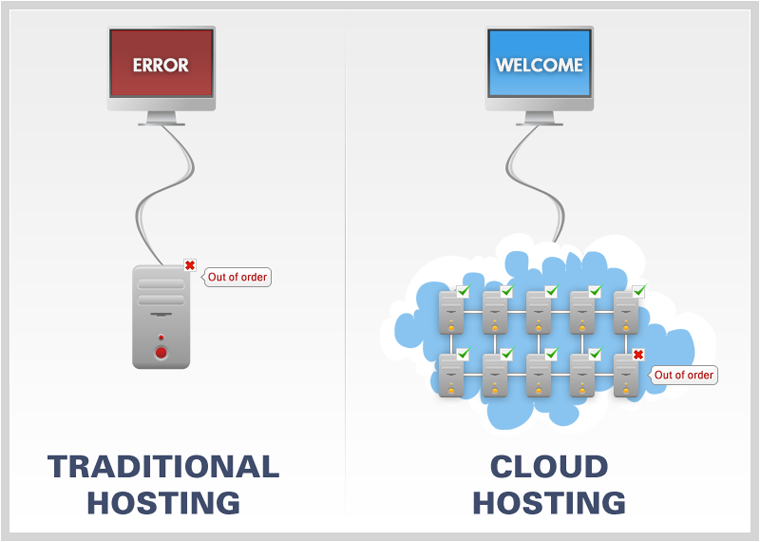Web Hosting vs Cloud Hosting: What’s the Difference?
When it comes to hosting your website, you are often faced with the decision between traditional web hosting and cloud hosting. Both options have their own set of pros and cons, and it’s important to understand the differences between the two before making a decision. In this article, we will explore the key differences between web hosting and cloud hosting to help you make an informed choice for your website.
Web Hosting: The Traditional Option
Web hosting is the more traditional option when it comes to hosting your website. With web hosting, your website is hosted on a single server alongside other websites. This means that all resources, such as CPU, RAM, and storage, are shared with other websites on the same server. While web hosting is generally more affordable than cloud hosting, it can be limited in terms of scalability and flexibility.
Another downside of web hosting is that if the server on which your website is hosted goes down, your website will also go down. This can result in downtime for your website, which can impact your users’ experience and your website’s search engine rankings. However, web hosting is a good option for small websites or businesses with minimal traffic and resource needs.
Cloud Hosting: The Modern Solution
Cloud hosting, on the other hand, is a more modern solution that offers greater scalability and flexibility. With cloud hosting, your website is hosted across multiple servers in a network, rather than on a single server. This means that resources are not shared with other websites, and you can easily scale your resources up or down as needed.
One of the main benefits of cloud hosting is its reliability. Because your website is hosted on multiple servers, if one server goes down, your website will still be accessible on other servers in the network. This results in minimal downtime for your website, which is crucial for businesses that rely on their online presence.
Cloud hosting is also more secure than web hosting, as your website is not vulnerable to single points of failure. Additionally, cloud hosting providers often offer automated backups and security updates to keep your website safe from potential threats.
Which Hosting Option is Right for You?
Ultimately, the choice between web hosting and cloud hosting depends on your website’s needs and your budget. If you have a small website with minimal traffic and resource needs, web hosting may be the more cost-effective option for you. However, if you have a larger website that requires scalability, reliability, and security, cloud hosting may be the better choice.
It’s important to carefully consider your options and choose a hosting solution that aligns with your website’s goals and requirements. Whether you opt for traditional web hosting or modern cloud hosting, investing in a reliable hosting provider is essential for the success of your website.
In conclusion, both web hosting and cloud hosting have their own advantages and disadvantages, and the right choice for your website will depend on your specific needs. By weighing the pros and cons of each option, you can make an informed decision that will help your website thrive online.
